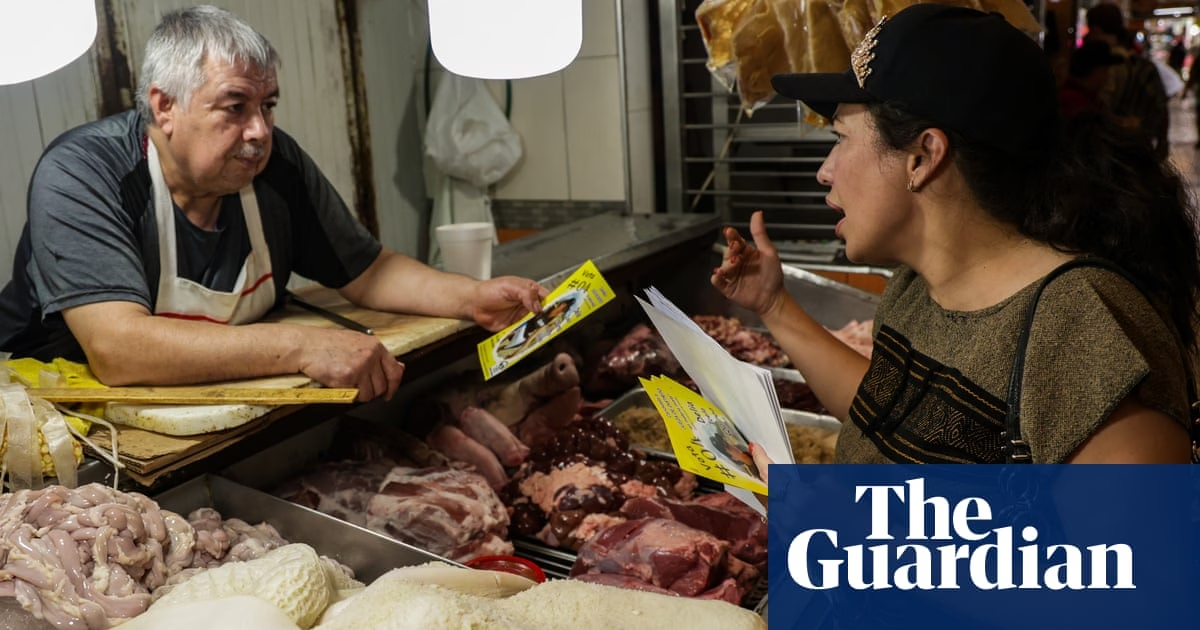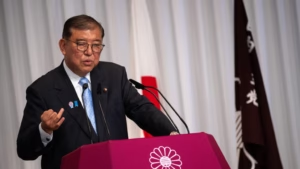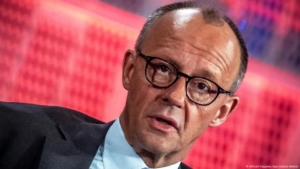On a hot afternoon in Culiacán, the capital of Mexico’s Sinaloa state, anxious whispers swept through the plaza as a plume of smoke suddenly appeared in the sky, following a speaker’s looped announcement for judicial elections. Amidst ongoing cartel conflicts that have the region on edge, Sinaloa, along with the rest of Mexico, is poised to elect every judge in the country, from magistrates to supreme court justices, through direct public voting starting on June 1. This unprecedented move, pushed by the governing Morena party after securing a congressional supermajority, aims to overhaul Mexico’s judicial system, where justice is often inaccessible and corruption is rampant. Critics voice concerns about low voter turnout, potential political power grabs, and the infiltration of organized crime into the elections. Despite the controversy, some individuals see this as their chance to influence the system, like Delia Quiroa, an advocate for Mexico’s disappeared, who now has the opportunity to run for a federal judge position she would not have otherwise considered. The process, however, has its complexities, with restrictions on political party endorsements and campaigning, which could lead to uninformed votes. Experts have also raised alarms over some candidates being potentially linked to organized crime. As the nation grapples with the implications of this democratic experiment, the outcome remains uncertain, leaving it unclear whether it will address the systemic issues or exacerbate existing problems.
Source: https://www.theguardian.com/world/2025/may/30/mexico-judges-election









